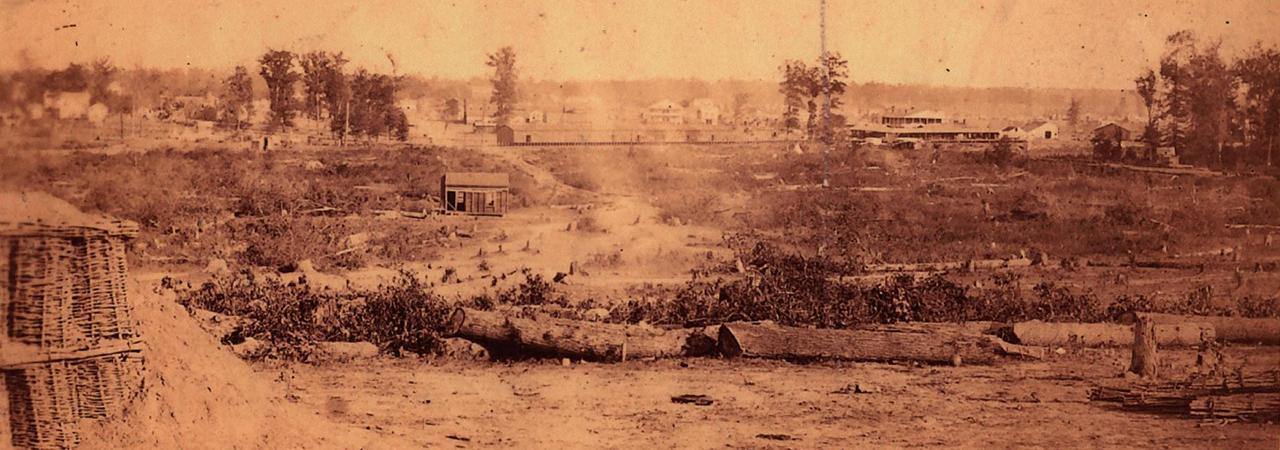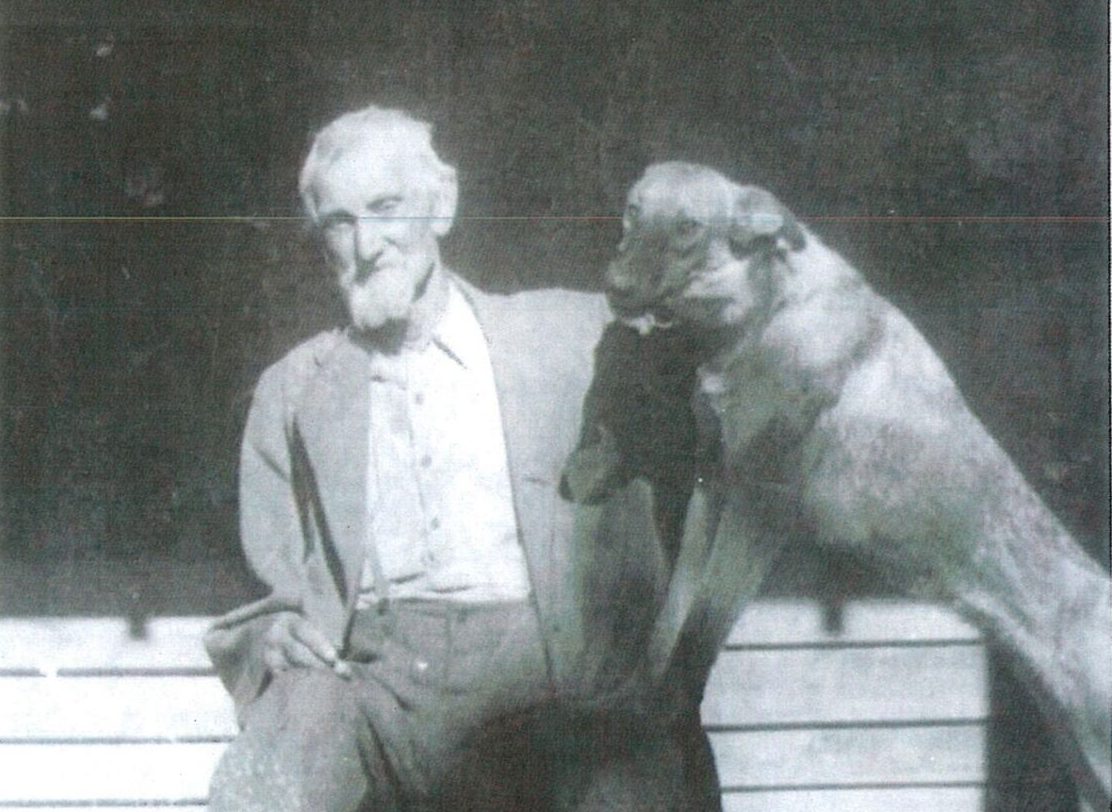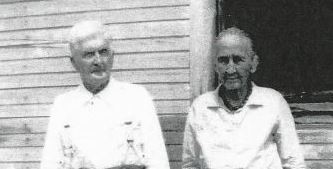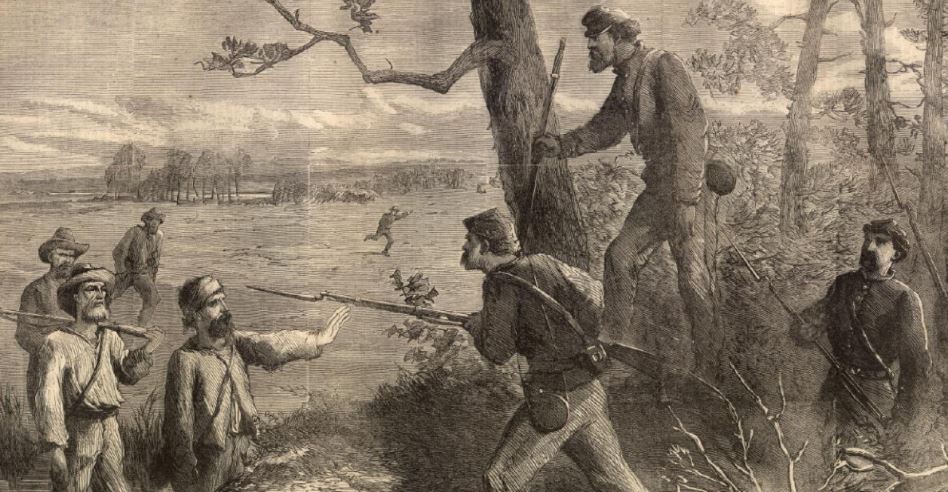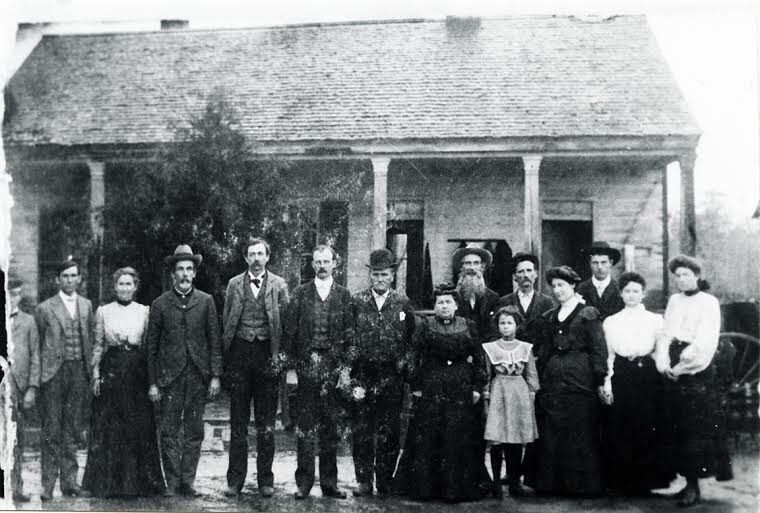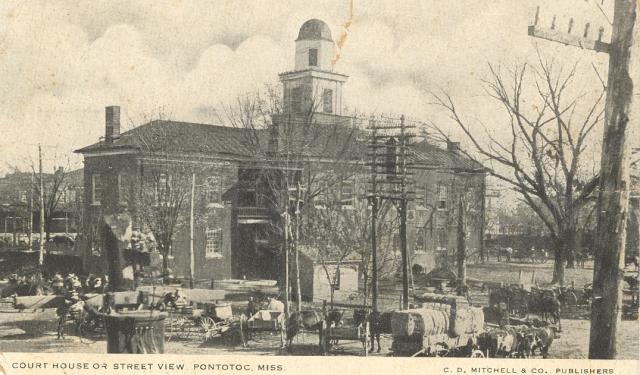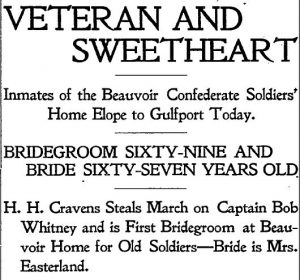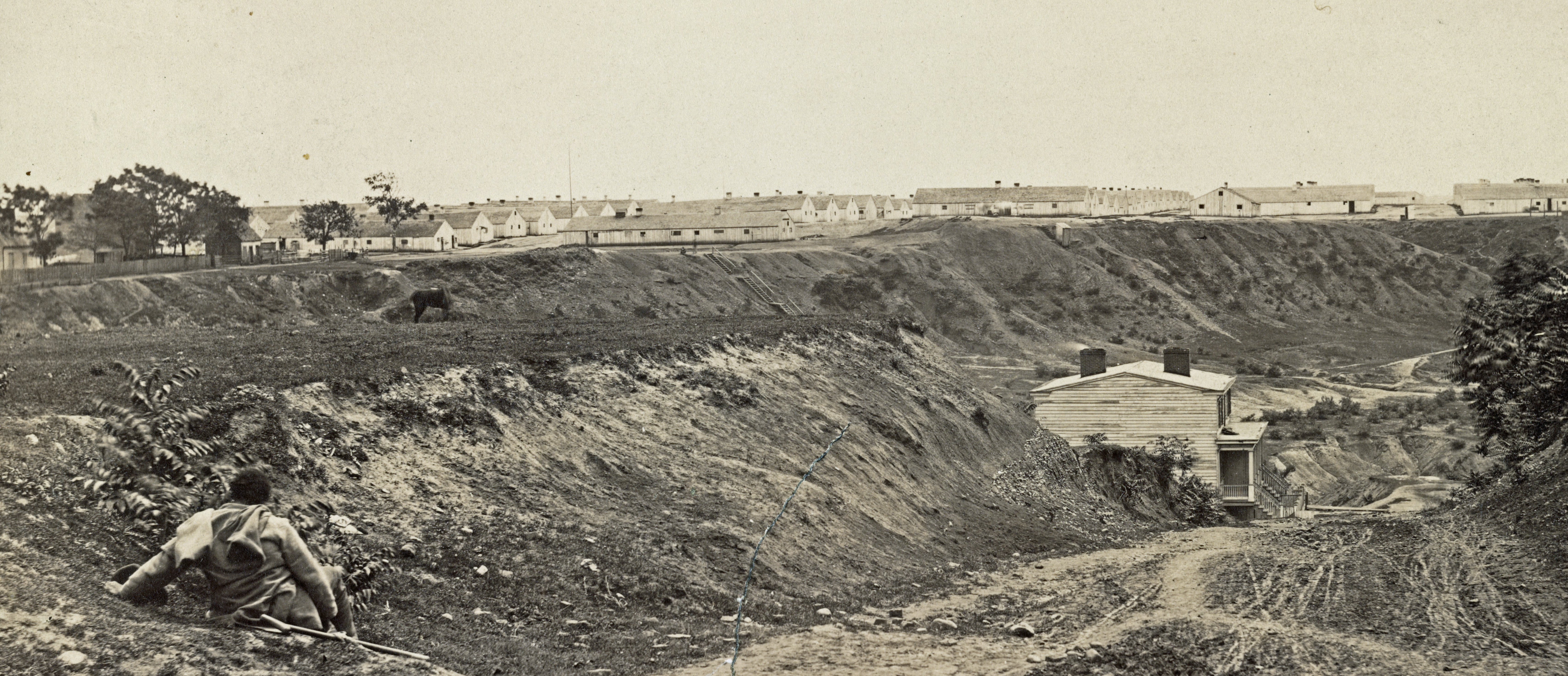In 1907, the Richmond Times Dispatch published an article about two men from Wesson, Mississippi, who claimed to be the fathers of twenty-three children each. One of these men was a former private in the 36th Mississippi Infantry named Cicero Pitts. He had fathered a baby, as the Time Dispatch noted, an average of once…
Peyton S. Webb
Peyton S. Webb was born in Haywood County, Tennessee around 1846. His parents, George and Adeline Webb, worked a farm in the flatlands northeast of Memphis. By 1860, the family had moved south to Winona, Mississippi, where they owned a plantation and nine slaves. Not much is known about Peyton S. Webb’s time in the…
Volney Anderson
Jasper County, Mississippi was organized in 1833 and named after a Revolutionary War hero from South Carolina. Comprised of lands acquired from the Choctaws with the signing of the Treaty of Mount Dexter, the county was settled by families from throughout the South, including H. H. and Martha Anderson. It was there, in the small…
James Everett
James Everett was born to Thomas and Nancy Ann Felder Everett on December 2, 1830. Prosperous slaveholders who migrated to Amite County, Mississippi from South Carolina, the Everetts owned thirteen slaves in 1830 and would acquire thirteen more during the next thirty years. Thomas was one of three brothers who established plantations stretching from Amite County,…
Shadrick “Shade” Coker
C.M. and Charity Coker settled near Summit in Pike County, Mississippi sometime in the 1810s. All eight of their children were born and raised on their modest family farm, including their youngest son Shadrick. Over the course of his seventy-eight years, Shade (as he was called by friends and family) watched Pike County transform from…
John A. Walker
John A. Walker was born in Pike County, Mississippi on May 6, 1843. His father Elijah Walker was a farmer who moved to the county from Georgia. The elder Walker died in 1858 and left $6,000 in land and eight enslaved African Americans (who lived in three cabins on the plantation) to his wife Hester…
Dr. Powhatan Bolling Dandridge
With the signing of the Treaty of Pontotoc and the cessation of all Chickasaw lands east of the Mississippi River in 1832, thousands of white settlers from the eastern slave states rushed into the fertile prairie belt of northern Mississippi. Among the first families to settle what came to be known as Pontotoc County were…
Henry H. Craven and Mary Easterland
On December 22, 1909, Henry H. Craven and Mary Easterland ran away from home and eloped. The couple probably had no idea just how widespread knowledge of their “secret” plot had become—in fact, the Biloxi Daily Herald printed the news of their nuptials even before Reverend J. L. Finley finished conducting their wedding. “The wedding to…
Stephen C. Moore
When Stephen Cocke Moore was born in 1836 in Monroe County, Mississippi, the nearby town of Aberdeen was little more than an unincorporated settlement on the banks of the Tombigbee River. His parents, Lucien and Rebecca of Tennessee, were among the first white pioneers to settle the area during the land rush that followed the Treaty of…
Charles A. Nash
Secessionism swept over Mississippi like a fever after the election of Abraham Lincoln to the White House, and Neshoba County was no exception. Charles A. Nash’s father, Ira Sr., strongly opposed secession despite the fact that he was a born-and-bred Southerner and wealthy slaveholder. The elder Nash had been a prominent leader in the county during the…

